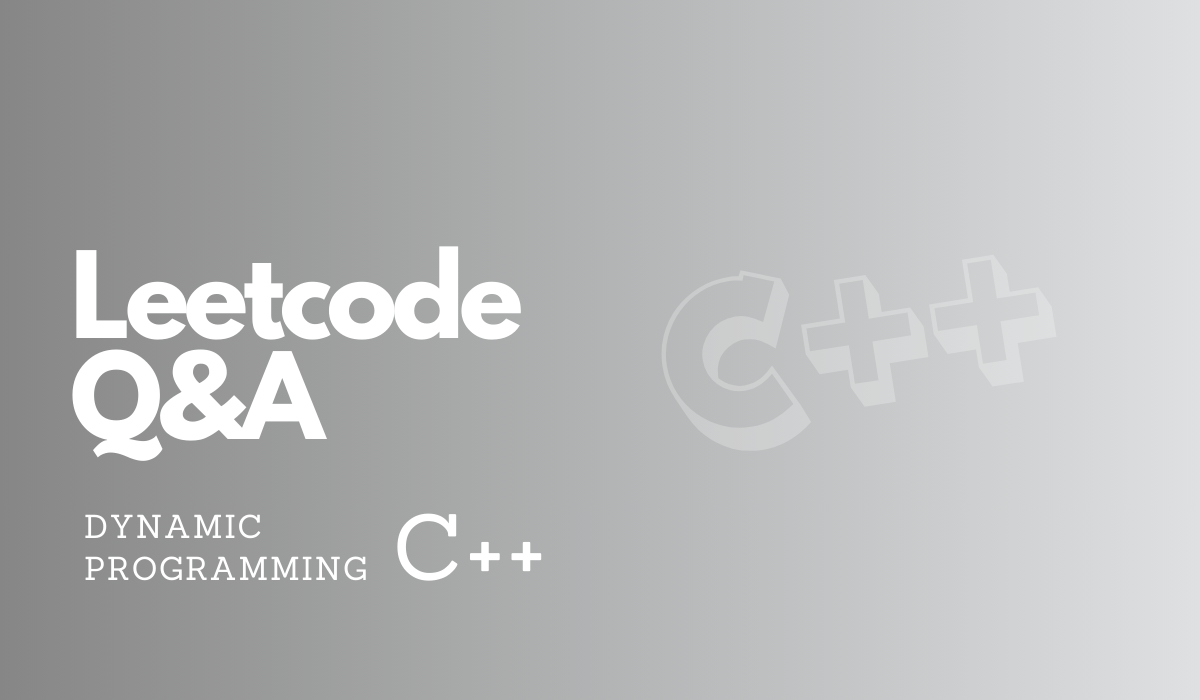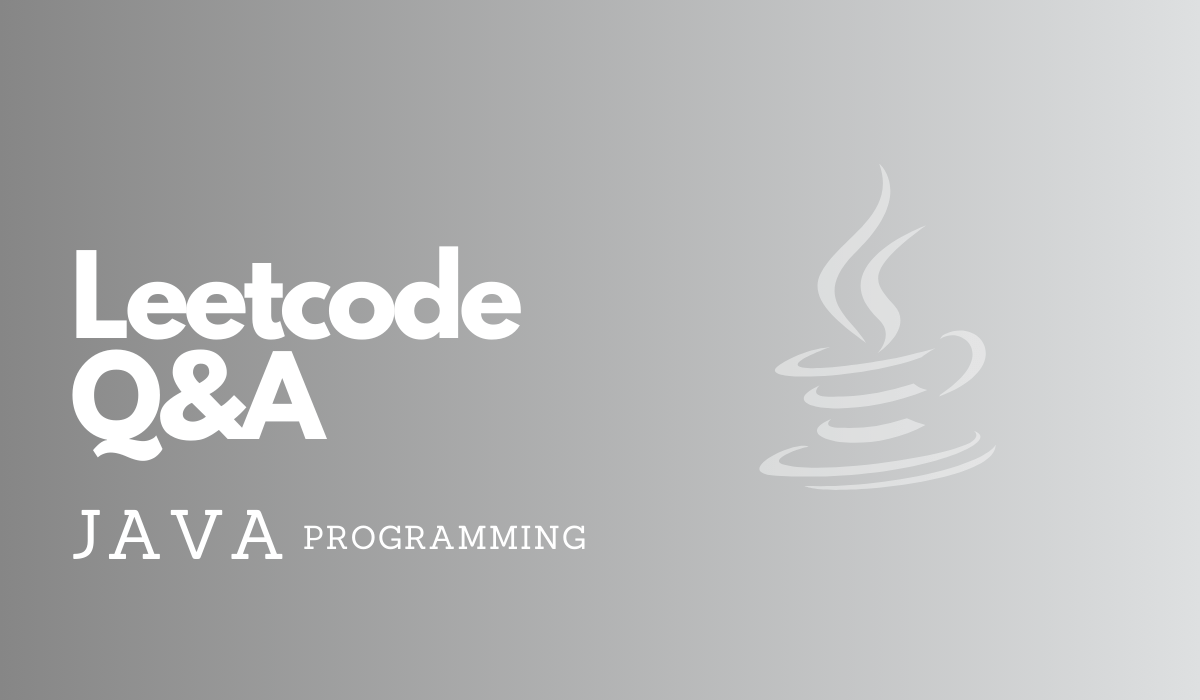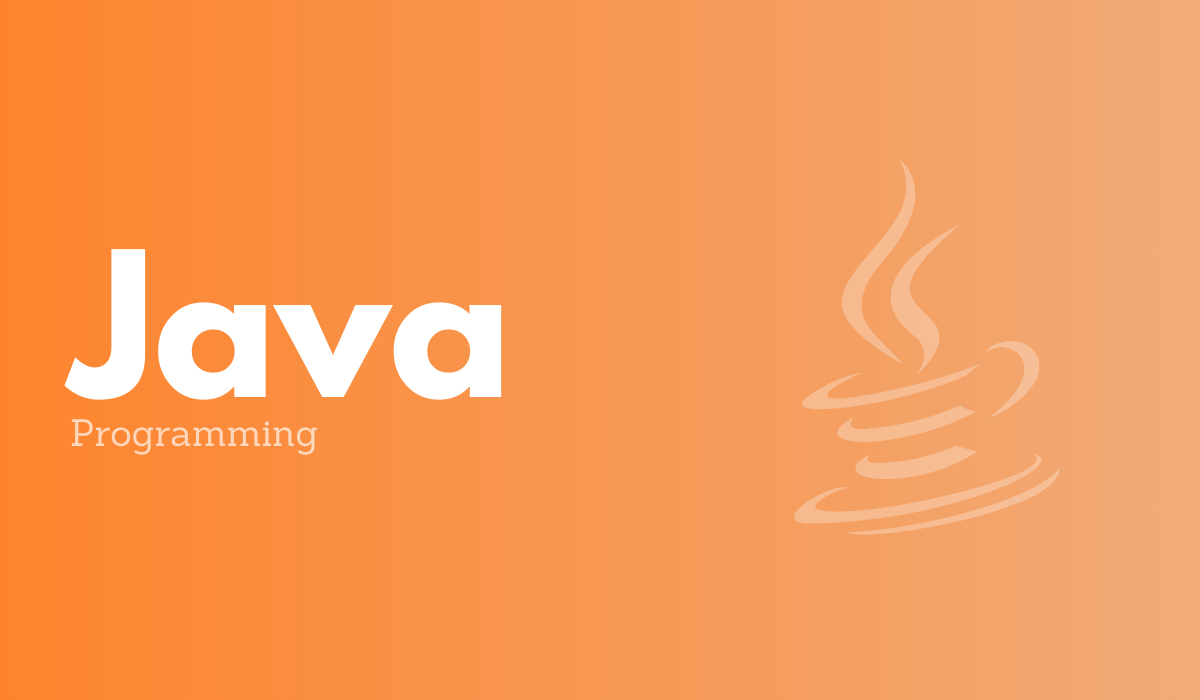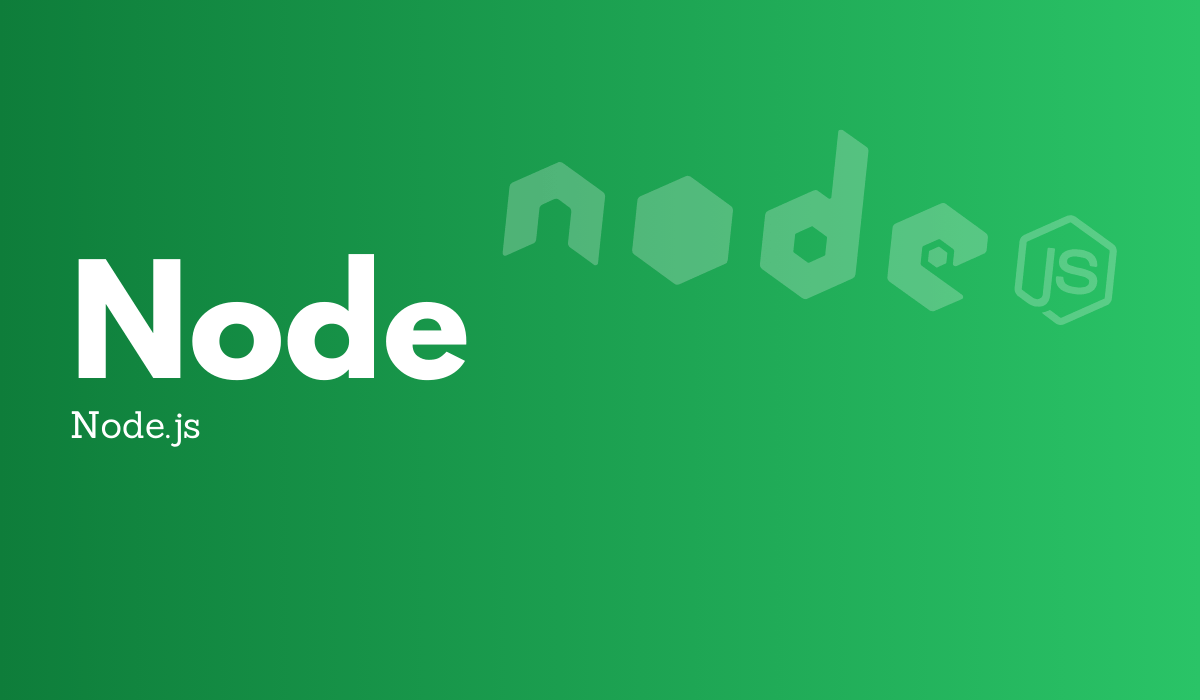Leetcode Interview Questions in Java – Notes Download
Welcome to Code Mastery, your go-to resource for mastering LeetCode Interview Questions in Java programming! Our meticulously crafted notes focus on providing a comprehensive yet beginner-friendly approach to help you excel in your Java-based coding interviews. Immerse yourself in the world of Java programming with our well-organized content, featuring crystal-clear explanations and thoughtfully designed illustrations.
Leetcode Questions In Java - Overview
Complementing our detailed notes on LeetCode Interview Questions in Java, this comprehensive guide offers a structured understanding of crucial concepts. Mastering Java for coding interviews is essential, and our content is thoughtfully curated to provide a clear overview of key topics. Java's versatility and performance make it a powerful choice for implementing data structures and algorithms, forming the foundation of efficient programming.
Our comprehensive notes delve into fundamental areas such as arrays, linked lists, stacks, queues, trees, and graphs, along with algorithms for sorting, searching, and graph traversal. The guide emphasizes the advantages of utilizing Java for interview preparation, showcasing features like high-level abstractions, robust libraries, and platform independence.
More Related Notes
Leetcode Interview Questions in Java – Overview
In the dynamic realm of tech interviews, LeetCode has emerged as a pivotal platform for individuals aspiring to excel in the coding interview process. Whether you’re a seasoned developer or a coding enthusiast, mastering LeetCode interview questions in Java can significantly enhance your chances of success. In this SEO-optimized blog post, we’ll delve into the significance of LeetCode, the strategic importance of Java in interviews, and provide invaluable insights to help you ace your next technical interview.
The Ascendancy of LeetCode:
LeetCode has become a cornerstone in the interview preparation journey for tech professionals. With an extensive repository of algorithmic and data structure problems, it offers a comprehensive platform to hone your problem-solving skills. Many leading tech companies incorporate LeetCode-style questions in their interviews, making it an indispensable resource for job seekers.
Java’s Prowess in Interviews:
Java has endured the test of time and remains one of the most sought-after programming languages in the tech industry. Its portability, object-oriented nature, and widespread adoption make it a preferred choice for technical interviews. Proficiency in solving LeetCode problems in Java not only highlights your coding proficiency but also showcases your expertise in a language widely utilized in the industry.
Essential Data Structures and Algorithms:
LeetCode covers a broad spectrum of problems testing your knowledge of fundamental data structures and algorithms. From arrays and linked lists to dynamic programming and graph traversal, a robust understanding of these concepts is crucial. This section will guide you through common LeetCode problem categories and offer tips on approaching them using Java.
Tips for LeetCode Success:
Consistency and Practice: Regular practice is essential. Dedicate specific time each day to solve problems and gradually increase the difficulty level.
Understanding Fundamentals: A strong grasp of core data structures and algorithms is fundamental. Ensure you comprehend the time and space complexities of your solutions.
Read and Review: After solving a problem, don’t just move on. Take the time to read through discussions, explore different approaches, and understand the nuances of the solution.
Simulating Interview Conditions: Practice solving problems under time constraints to simulate the interview environment. This helps improve your speed and accuracy.
Resources for Java Enthusiasts:
For those immersing themselves in LeetCode interview questions in Java, several resources can aid your preparation. From online courses and tutorials to Java-specific coding platforms, this section will provide a curated list of tools to sharpen your skills.
Real-Life Success Stories:
Drawing inspiration from real-life success stories can be instrumental. Understanding the strategies and experiences of individuals who navigated LeetCode challenges to secure positions at top tech companies provides valuable insights into your own preparation journey.




